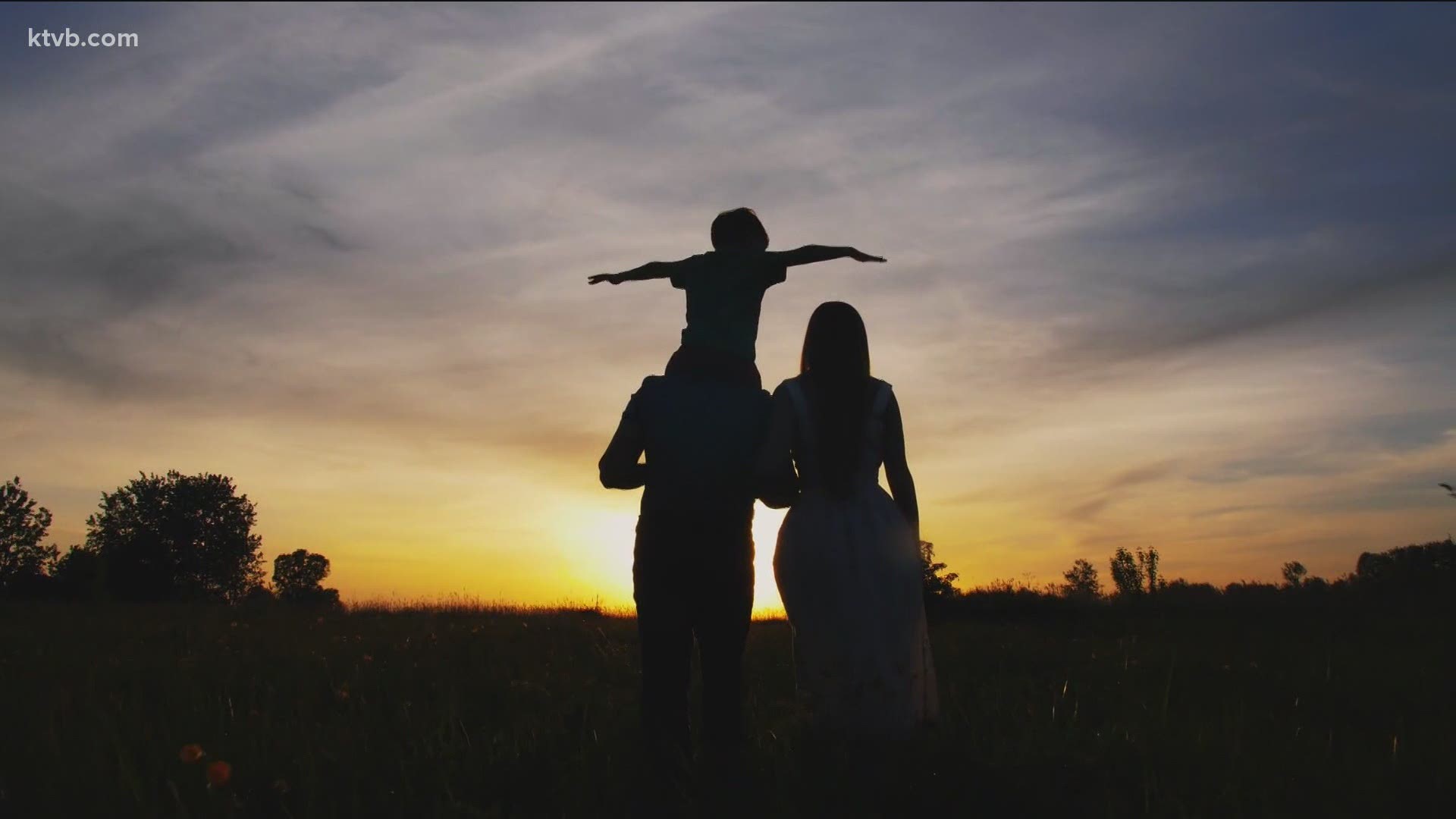BOISE, Idaho — For children and adults alike, resilience in the face of struggle is important. Experts warn that ACEs - or Adverse Childhood Experiences - can cause problems that last well past the end of childhood.
"If as a child you encounter these adverse childhood experiences you have a high probability later in life issues that can range the entire gamut from mental health to medical health as far as negative outcomes," said Dr. Dennis Woody of Optum Idaho. “About 60% of adults can relate to at least one adverse childhood experience."
ACEs can include events like parents divorcing, as well as mental illness, a parent's incarceration, or abuse
Woody said that this type of major stressors can actually change a child's brain development.
"Developmentally it can affect your cognition, attention, concentration, memory. It can impact negatively on your neuro processes and the development of the brain," he said. "It also seems to have some negative outcomes for hormonal development and actual DNA expressions, so the evidence is staring us in the face in the sense that these issues are very serious and they don’t go away unless there are some mitigation put in place that can counteract them.”
Education about the toll of childhood experiences, as well as social supports within the community can help, Woody said. The doctor added that living in a safe, supportive, and nurturing environment corresponds to lower ACE scores.
Of course, it is impossible to completely shield a child from bad experiences, he said.
"Think of parents as being stress modulators. The parent who’s focused on establishing routines, enabling the child to predict better, rewarding a child’s best effort and focusing positive behavior that the child demonstrates, as opposed to focusing on a lot of negative behavior," Woody said. "Letting the child experience their own attempts to mitigate the stress that they’re under without interfering too quickly. You want to be there in the event that they need support, but you want them to try some of their own approaches. The big takeaway is that the threat is there. The good news is that with interventions and strategies and supports, there is very clear evidence as recently as 2019 that even adults who are receiving support for things they encountered as children can actually do better and get better.”
For more information, visit the Optum Idaho website here.
Watch more 'Hello Idaho':
Watch our latest conversations about mental health in our YouTube playlist:

